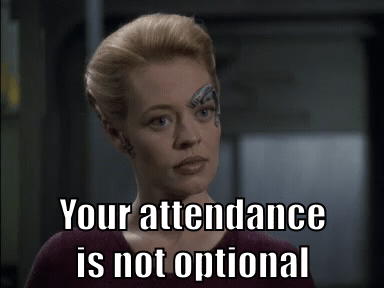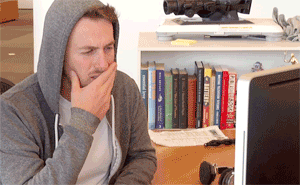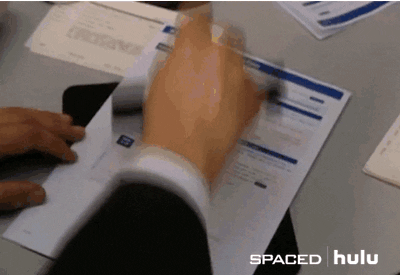The roots of the word “person” can be directly traced to the Latin word persona, which originally was defined as a “mask” or an “assumed character”. It wasn’t until the middle of the 15th century where this word became used in place of gendered terms. It has since morphed into a casual reference to people, humans generalizing about others. However, in the many years that his word has been used, questions have been raised on what- or who- should actually be considered a “person”. Animals, modified humans, fetuses, aliens, and now robots with artificial intelligence are controversially being categorized. Characteristics such as physical features and mental ability are often taken into account when this issue is being discussed as Mary Midgley addresses in her essay Persons and Nonpersons. She states, “We need new thinking, new concepts and new words, and we are not less capable of providing these than people were in the 1850s”. Since then, Roboethics, Machine Ethics, and Ethics of Artificial Intelligence have been created and are continually being discussed.
The ethics of robots, or Roboethics, outlines the expected behavior of humans creating, using, and treating the artificially intelligent. It addresses some of the moral issues that have been raised because of the progress made in the field of robotics. It is similar in nature to topics such as animal and fetal rights as it is very controversial and cannot be completely agreed on. One reason for the disagreements that arise in discussion of these topics would be the matter of personhood. Personhood is, quite simply, the condition of being a person. As mentioned in the previous paragraph, the definition of what makes one a person can forever be disputed. According to philosophers such as John Locke, this term can only be applied to those who have consciousness of their surroundings and actions and who can become self-motivated enough to pursue a goal. However, in some cases artificially intelligent beings can do both of these things because of how they were created. Harry Frankfurt holds to the belief that free will is the key to personhood, but even this can be argued with as some do not believe that free will exists at all.
To take a theological standpoint, the human race was created in the image of God. This can of course insinuate the visual image, but in another sense it could mean that humans have attributes similar to His. So, hypothetically, humans could be considered miniature creators, who by creating artificial intelligence are attempting to play God. But, remaining true to theology, humans lack the ability to give life to something. Any robot or being manufactured would forever lack the “spark of life” that cannot be explained or recreated. Because of this, robots should not be considered anything more than a machine.
Artificially intelligent beings are not considered to be alive as they only go through the motions of characteristics that are sometimes humanlike in nature. Attributes such as sensory processing and retaining information for future reference are qualities that humans have as well, but they are simulated by robots because of human design. They are not naturally developed this way because of self-preservation, and thus are not alive because they cannot die. Yes, they can be destroyed, but they do not act on their own resolve. In staying true to the idea of humans using the artificially intelligent to play God, it seems that they should be continued to be considered in a different category than the human species. They are man-made creations that cannot function or think on their own, and because of this they should not be thought of as equals.


















































